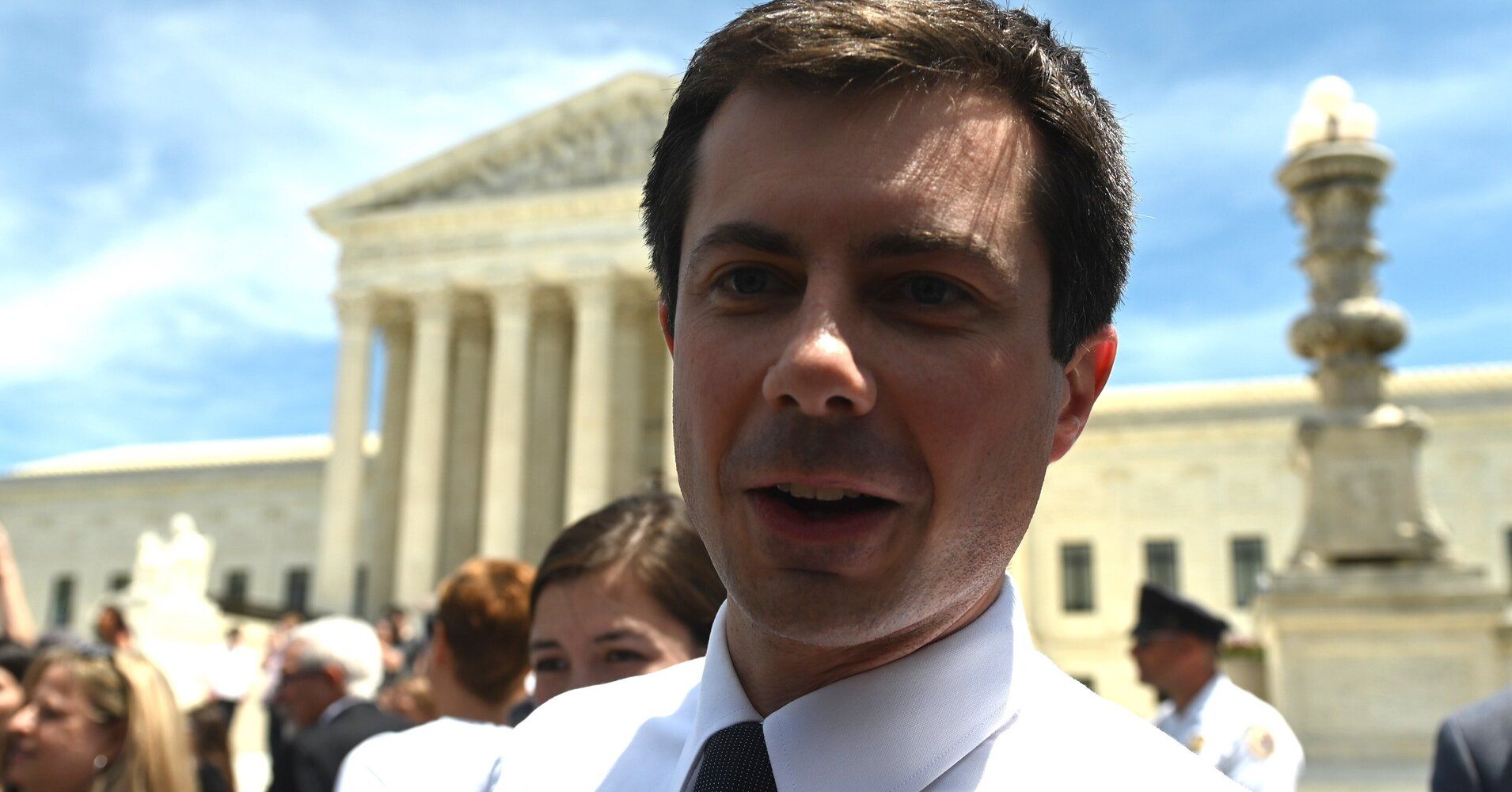[ad_1]

Democratic presidential contender Pete Buttigieg stuck up for NFL player protests during the national anthem, telling TMZ this week that his service in the military was partially about protected the right to protest peacefully.
Buttigieg, a Navy veteran, shared his viewpoint on Thursday after a TMZ cameraman in New York asked him his thoughts on President Donald Trump’s denunciations of former NFL quarterback Colin Kaepernick, who started a wave of protests when he knelt during the anthem at a preseason game in 2016 to focus attention on racial inequality and police brutality.
“The flag that was on my shoulder when I served represented, among other things, the right to free speech,” Buttigieg told the TMZ cameraman.
“You don’t have to like it but one of the reasons we served was to defend that right, the right to peaceful protest and the idea that we can protest what is wrong with our country,” he said.
He echoed his stance during an interview with The Washington Post’s Robert Costa.
Buttigieg, the mayor of South Bend, Indiana, told Costa that in his view, the protesting players were “exercising a right that I had put my life on the line to defend.”
“I didn’t think of the flag as something that itself as an image was sacred. I thought of it as something that was sacred because of what it represented,” he said. “One of the very things it represented is the freedom of speech, and that’s one of the reasons I served.”
Kaepernick inspired other players in the league to follow suit with similar protests during the ’16 season and into the 2017 season. Trump ― first as a White House candidate and then after he assumed the presidency ― frequently berated the protests.
Kaepernick eventually opted out of his contract with the San Francisco 49ers and hasn’t played in the NFL since 2016. Trump, for his part. called on league officials to discipline players who continued the protests, insisting at one [pont that they shouldn’t be in the country.
Buttigieg, in his comment to TMZ, said if Trump had served in the military, “maybe he would feel a little more strongly about those freedoms.”
Trump was eligible for the military draft after graduating from college in the spring of 1968, a time when the U.S. was heavily engaged in the Vietnam War. But Trump received medical deferments that kept him out of the draft because he was diagnosed with bone spurs in his feet. A New York Times story late last year raised questions about whether that was a valid diagnosis.
REAL LIFE. REAL NEWS. REAL VOICES.
Help us tell more of the stories that matter from voices that too often remain unheard.
[ad_2]
Source link

